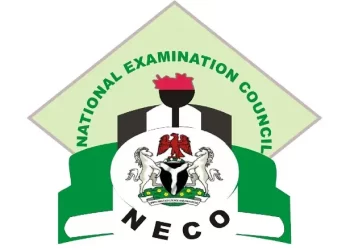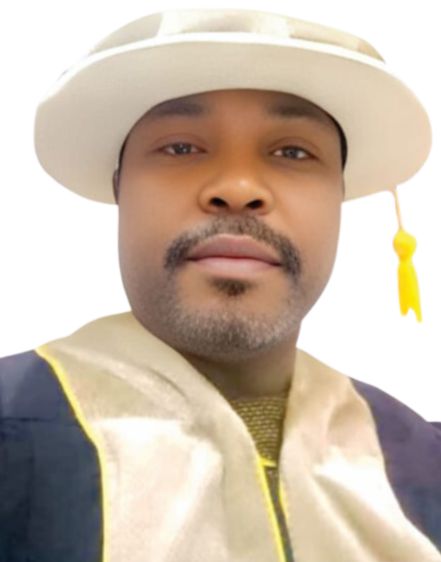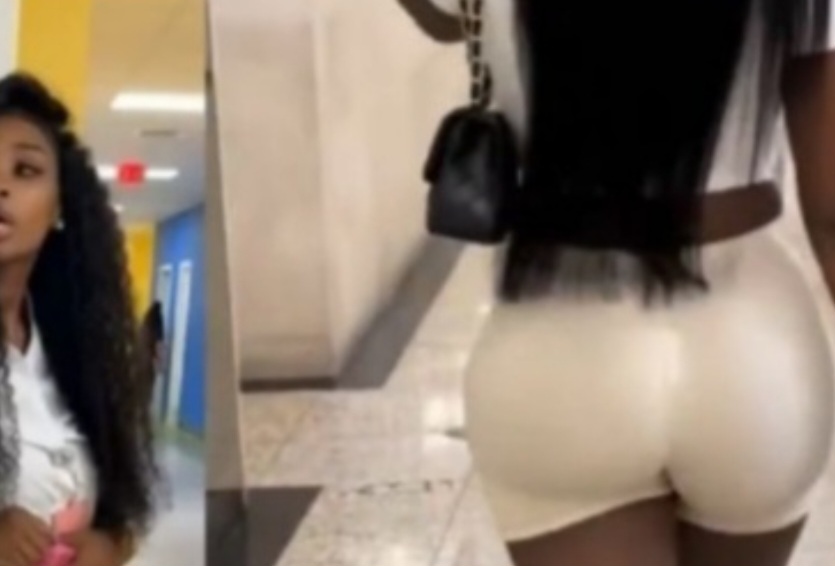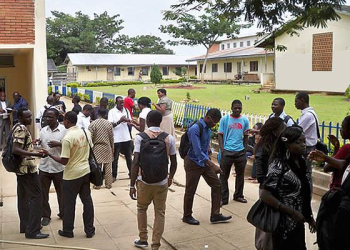The house of representatives has asked the National Universities Commission (NUC), National Board for Technical Education (NABTE), National Commission for Colleges of Education (NCCE), and the ministry of education to direct all tertiary institutions to suspend academic activities during elections.
The lower legislative chamber said this will enable students to travel to the areas where their polling units are situated.
The green chamber also asked the Independent National Electoral Commission (INEC) to make special arrangements for students to collect their PVCs.
The resolution was passed at the plenary session on Thursday following the adoption of a motion of urgent public importance sponsored by Kabir Ibrahim, a lawmaker representing Zuru/Fakai/Danko-Wasagu/Sakaba federal constituency of Kebbi.
Ibrahim said there are over 2.1 million students currently studying in universities, while over 2.4 million are students in polytechnics, monotechnics, and colleges of education.
He said the academic calendars of various tertiary institutions “are structured in a way that most students are disenfranchised as school calendars do not take into consideration the timelines and date for elections”.
“This lack of flexibility makes it difficult for students to participate in the electoral process,” he said.
3.8M NEW VOTERS ARE STUDENTS’
The lawmaker said going by INEC figures, 3.8 million of the newly registered voters are students, accounting for 40.8 percent of the total number of newly registered voters.
“These students who constitute 40.8 percent of the newly registered voters, have their polling units sited in states outside their campuses, thereby necessitating travelling outside their respective institutions to vote in the 2023 elections,” he said.
“Tertiary institutions are not considering academic breaks for students during the general elections, despite knowing that most students registered outside their campuses during the continuous voter registration exercise, which took place during the prolonged Academic Staff Union of Universities (ASUU), strike.
“INEC has devolved PVCs distributions at the registration areas and wards across the 774 local government offices throughout the federation.
“Distribution of PVCs at the wards has ended, and the exercise moved back to the local government/area council offices, thereby further limiting the chances of the students to collect their PVCs which is a precondition for voting at the polls.
“While the students are busy with academic activities, INEC is engaged in distributing PVCs at the wards across the 774 LGAs of the federation which deprives students of the opportunity to collect their PVCs.
“Tertiary institutions do not consider periods of elections in designing academic calendars, as most of them conduct semester examinations when the preparations for the general elections are almost completed or when the polls are going on, thereby disenfranchising the students from exercising their civic duties.”
The lawmaker said INEC has “enormous statutory powers to make special arrangements” for students to collect their PVCs to vote.
He noted that the education regulatory authorities have the statutory powers to direct both the public and private tertiary institutions to suspend academic activities pending the conclusion of the general election.
After a unanimous adoption of the motion, the house mandated committees on tertiary education and electoral matters to “liaise with the agencies to facilitate the process” and report back within one week.









